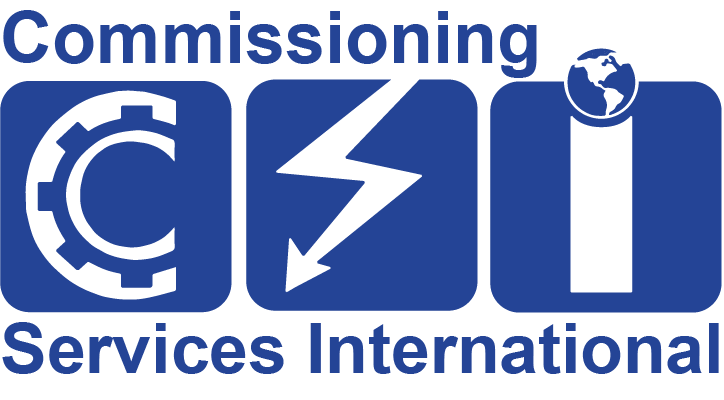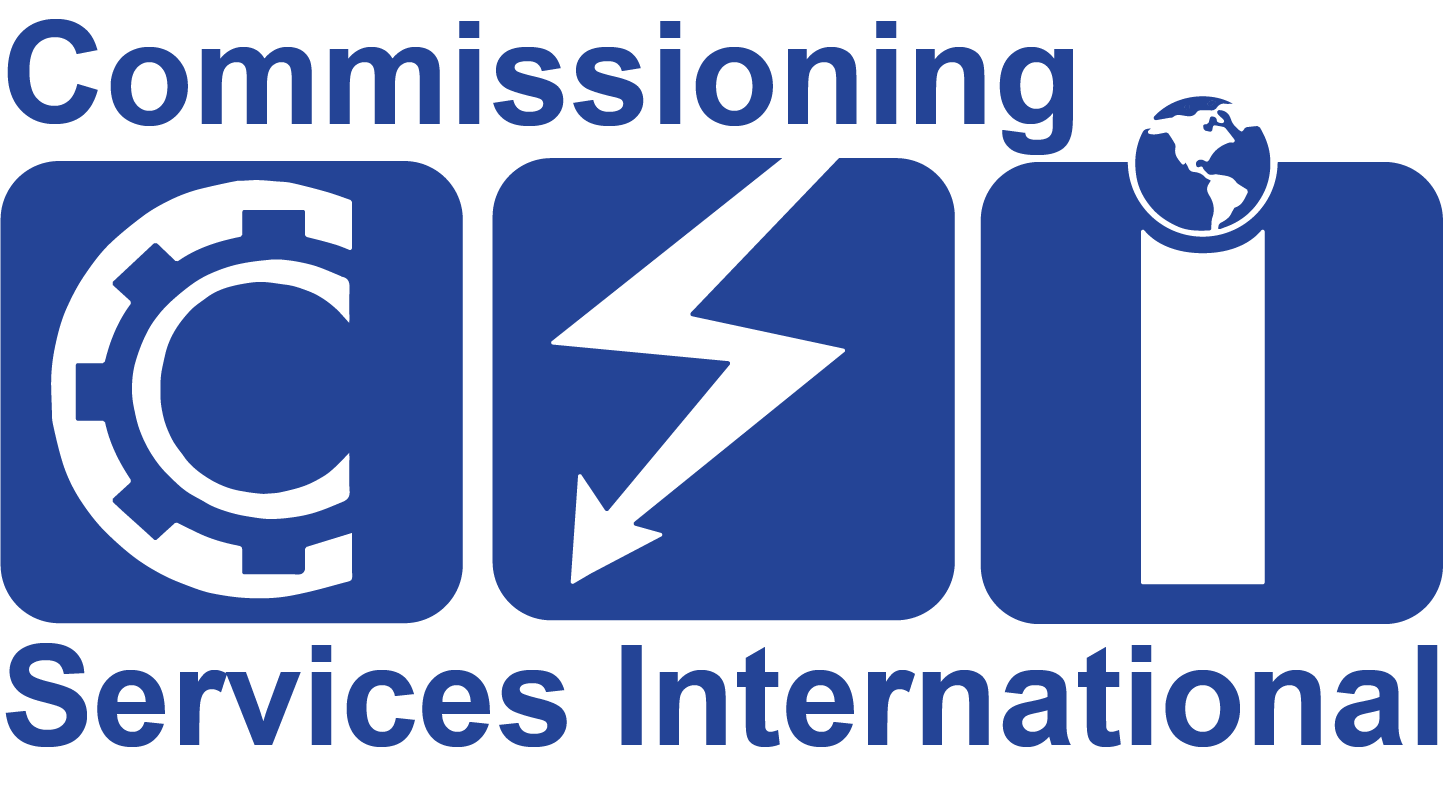In an era of heightened environmental awareness and rising energy costs, the construction industry is witnessing a transformative shift toward smart building technologies. These innovations leverage cutting-edge sensors, data analytics, and automation to create intelligent buildings that optimize performance while reducing energy consumption. In this blog post, we will explore the remarkable benefits of using smart building technologies to improve building performance and pave the way for a sustainable and cost-efficient future.
Real-Time Data for Informed Decision-Making
One of the fundamental advantages of smart building technologies is their ability to provide real-time data on various aspects of building operations. Sensors installed throughout the building continuously monitor temperature, humidity, occupancy, and energy usage. This data is collected and analyzed, enabling facility managers to gain valuable insights into building performance and identify areas for improvement.
By having access to accurate and up-to-date information, facility managers can make data-driven decisions, adjusting building systems and operations as needed. This proactive approach helps optimize performance, minimize waste, and enhance occupant comfort.
Automation for Streamlined Operations
Smart building technologies automate various building systems, reducing human intervention and improving overall efficiency. Automated systems can perform tasks such as adjusting lighting levels based on natural light availability, optimizing HVAC settings based on occupancy patterns, and controlling ventilation systems for optimal indoor air quality.
Automated building systems not only streamline operations but also ensure that energy is used more effectively. By responding in real-time to changing conditions, these technologies help prevent energy wastage, leading to substantial cost savings.
Energy Usage Optimization for Cost Reduction
One of the most significant benefits of smart building technologies is their ability to optimize energy usage. By analyzing data and monitoring patterns of energy consumption, these technologies can identify inefficiencies and areas of energy waste. Based on these insights, building systems can be adjusted and fine-tuned for maximum efficiency.
Smart technologies also enable demand response capabilities, which allow buildings to adjust energy consumption during peak periods or when electricity prices are high. This demand-side management can lead to lower energy costs and reduced strain on the power grid.

Improved Occupant Comfort and Productivity
Smart building technologies contribute to enhanced occupant comfort and productivity. Automated temperature control, optimal lighting, and improved indoor air quality create a more pleasant and conducive environment for building occupants. By addressing factors that affect occupant well-being, these technologies can improve employee satisfaction, leading to increased productivity and reduced absenteeism.
Remote Monitoring and Predictive Maintenance
Smart building technologies often offer remote monitoring capabilities, allowing facility managers to keep a close eye on building operations from anywhere. If any anomalies or issues are detected, alerts can be sent instantly, enabling quick response and timely resolution.
Moreover, predictive maintenance is another significant advantage of smart building technologies. By continuously monitoring building systems and equipment, these technologies can predict potential failures or maintenance needs. This proactive approach minimizes downtime and costly emergency repairs, extending the lifespan of building systems and reducing maintenance costs.
Conclusion
Smart building technologies are revolutionizing the construction and real estate industries by significantly improving building performance and reducing energy costs. With their ability to provide real-time data, automate operations, optimize energy usage, and enhance occupant comfort, these innovations have become indispensable tools for sustainable and cost-efficient building management. As the adoption of smart building technologies continues to grow, we can expect to see even greater advancements and integration with other emerging technologies, such as artificial intelligence and the Internet of Things (IoT). The smart revolution is reshaping the way we design, construct, and manage buildings, ultimately leading us towards a more sustainable and environmentally conscious future.



Leave a Reply